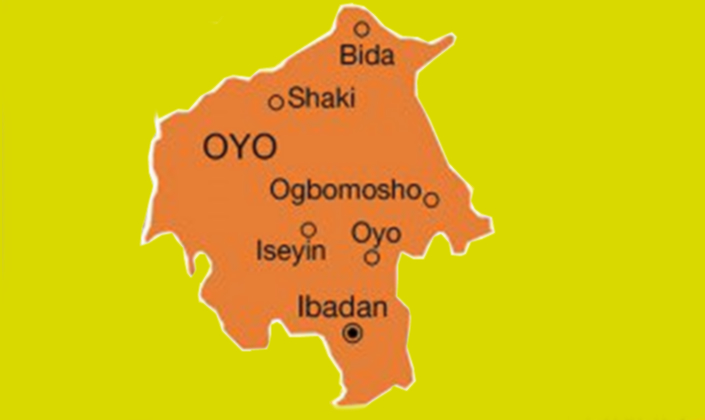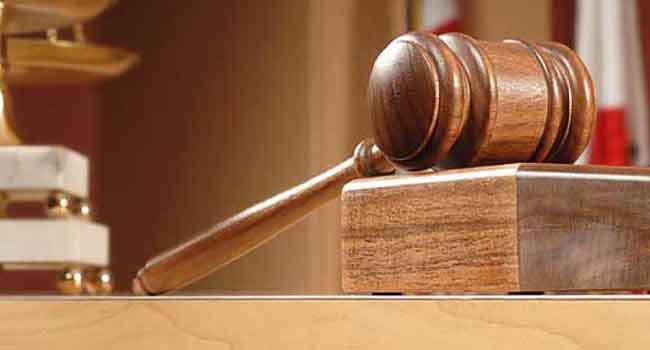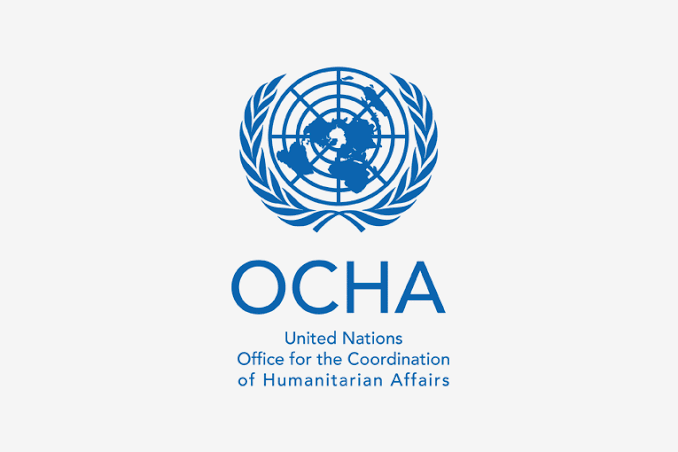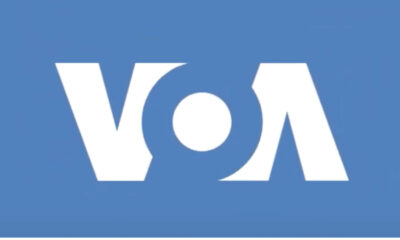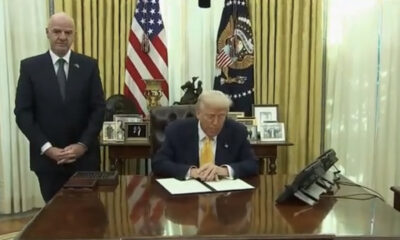World News
Locked Out: Trump issues new ban targeting 12 Countries
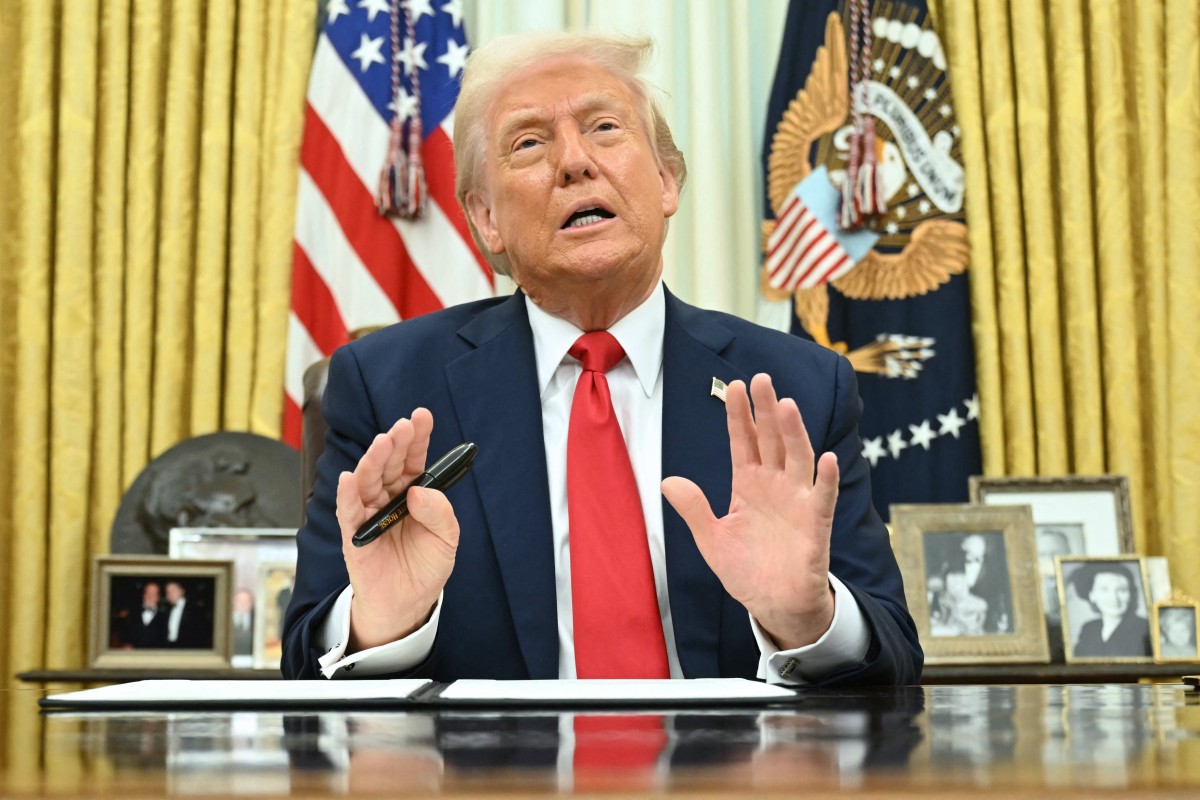
President Donald Trump has issued a fresh proclamation barring citizens from 12 countries from entering the United States, citing national security threats as the reason for the restriction.
The new travel ban, which takes effect on 9 June 2025, will fully affect nationals from Afghanistan, Myanmar, Chad, Congo, Equatorial Guinea, Eritrea, Haiti, Iran, Libya, Somalia, Sudan, and Yemen.
Apart from these, the directive also introduces partial restrictions on citizens from Burundi, Cuba, Laos, Sierra Leone, Togo, Turkmenistan, and Venezuela.
However, the proclamation provides certain exemptions, including athletes travelling for major international sporting events, some Afghan nationals, and dual citizens who hold passports from unaffected countries.
In a video message posted on X (formerly Twitter) on Wednesday, Trump defended the new policy, saying it was necessary to protect the country from potential threats. “We cannot have open migration from any country where we cannot safely and reliably vet and screen,” the president stated.
The White House explained that countries subjected to the most severe restrictions were selected based on their poor cooperation with US authorities on visa-related security measures, the presence of terrorist networks, and weak systems for tracking criminal records and verifying traveller identities. High visa overstay rates were also listed as a contributing factor.
This latest directive continues Trump’s firm stance on immigration enforcement, which intensified at the start of his second term in office. Back in January, the president signed an executive order demanding stricter security checks on foreign nationals and directing federal agencies to review and recommend countries for entry suspensions based on vetting challenges.
The move brings back memories of Trump’s earlier travel ban during his first term in 2017, which initially affected seven predominantly Muslim nations. The US Supreme Court later upheld the policy in 2018, though it was repealed by President Joe Biden in 2021, who described the ban as “a stain on our national conscience.”
-

 News6 hours ago
News6 hours agoOpposition Reps raise alarm over alleged non-implementation of 2025 budget
-

 Business6 hours ago
Business6 hours agoCurrency outside Banks rises 10.2% as money supply expands
-

 World News6 hours ago
World News6 hours agoNigeria’s exports to Africa hits N4.82trn
-

 National News6 hours ago
National News6 hours agoClean Energy key to survival, healthy living — Remi Tinubu
-
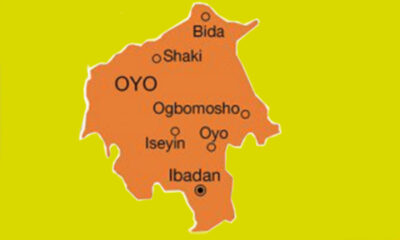
 Metro6 hours ago
Metro6 hours agoPolice Inspector killed as officers rescue kidnap victim in Oyo
-

 News2 hours ago
News2 hours agoBREAKING: Soludo orders closure of Onitsha Main Market over sit-at-home defiance


